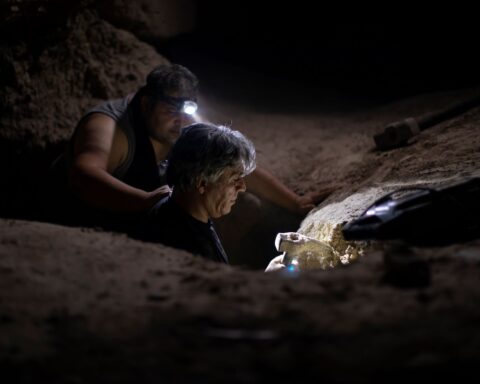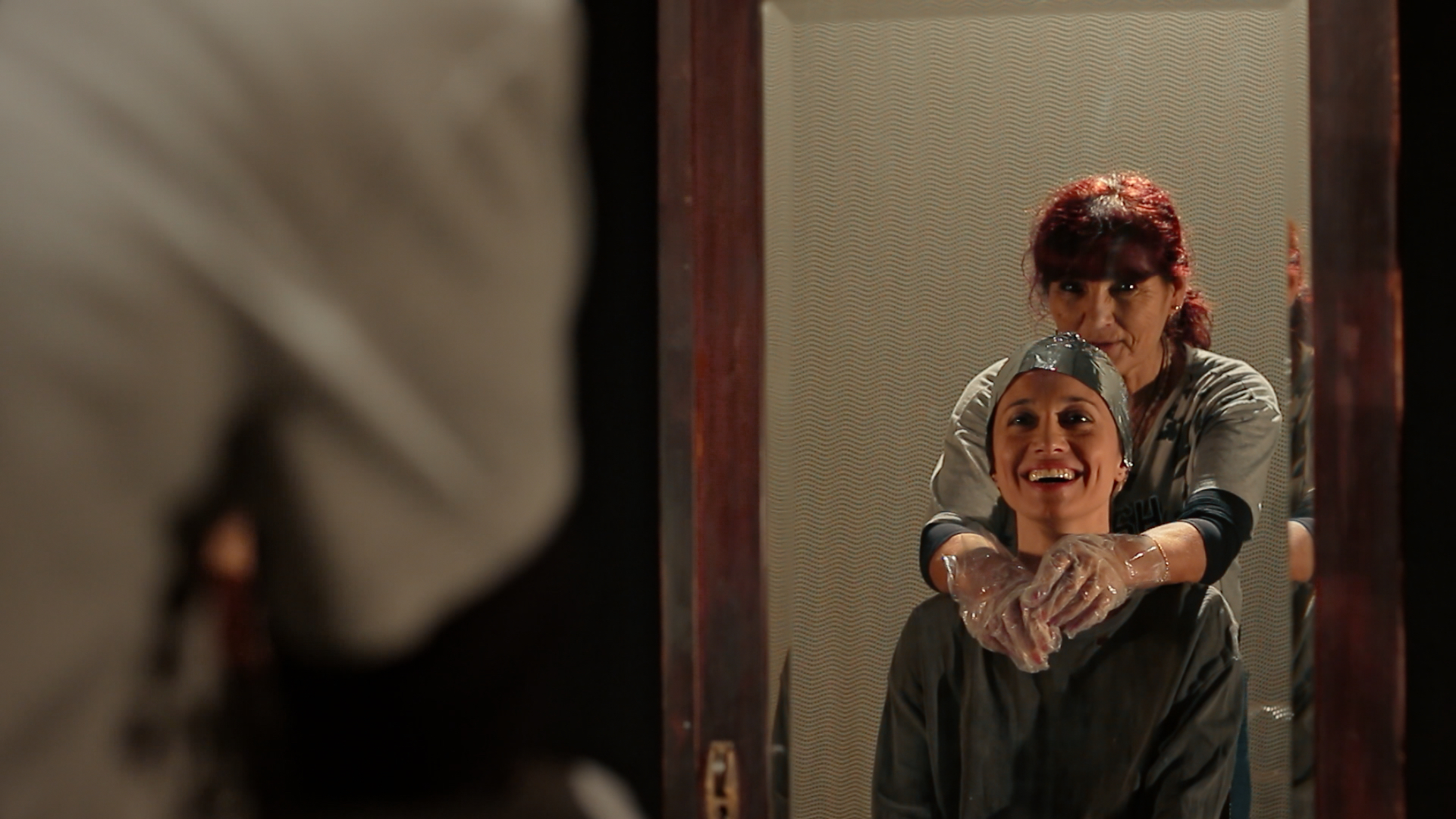The Pez Outlaw
(USA, 87 min.)
Dir. Amy Bandlien Storkel & Bryan Storkel
It was the Wild West in the ’90s, a time of bandits and betrayals. It was the land of outlaws, where legal loopholes couldn’t stop the sharpest of shooters, and even the most stringent of restrictions were galloped around. Out of the chaos came keen riders intent on changing the game, and along the way they reaped the rewards for their derring-do. Mind you, we’re talking the end of the twentieth century here, not the tail half the nineteenth. Instead of Stetsons and Smith & Wessons and a gang heading off to rob stagecoaches, there was a different kind of bounty at play. Rather than frontier bank vaults, these individuals coveted plastic characters that held a very different treasure inside.
Thus is told the tale of the Pez Outlaw, Amy Bandlien Storkel and Bryan Storkel’s wry, genre-bending, highly entertaining look at a fascinating subculture. Steve Glew is the glue that holds the narrative together, one strung from recreations acted out by the individuals themselves, detailing dastardly deeds that helped upend an international market and made for more than a few to both gain and lose a fortune.
If the title evokes the Western motif, the storyline falls more as a war thriller. The setting is Eastern Europe, home to the manufacture of the near ubiquitous candy dispenser. The key to Pez is, of course, not the candy within, given its chalky, fruity, soap-shaped normalcy, but the character head that’s bent backwards to extract the goodie, almost like performing a kind of sugar-sweet tracheotomy. It’s the rarity of a given character or the colour combination between the “body” and the “head” that creates a market. Collectors obsess about the most micro of variations in a quest to own them all.
Without giving away too much of Glew’s own journey, suffice to say he managed to single-handedly not only explode the market for extremely rare (and thus highly valuable) Pez runs, but also to incur the wrath of the American representative of the company (who named himself, naturally, the “Pezident”). This dance between myriad characters, and the almost preposterous machinations that take place in a post-Soviet environment, show off Glew’s unique brand of gormlessness and obsessiveness.
However, this is also the tale of a man and his partner who may be understanding to a fault. They live through the rollercoaster adventure of cornering a market of rare products. Through talking head interviews, we hear from Glew and his crew. Throughout the film, there’s a recognition of both how unhinged the whole procedure was but also the romance that getting away with such an endeavour engenders. It’s easy to dismiss it all as foolhardy, but the result establishes Glew’s bone fides as a true, iconoclastic outlaw, one who for a brief moment shone on the small stage of Pez Collector enthusiasts.
Of course, what makes the Storkels’ film so damn fun is that you can absolutely have no connection to the Pez world to appreciate Glew and his story. One can find the damaged, human quality of what he engaged with. The retinue of quirky characters that surrounds him almost feels fictional, blurring the lines like many of Christopher Guest’s masterpieces. Yet the Storkels find in actual documentary something nearly as wacky, firmly making the “stranger than fiction” shtick stick.
Bryan Storkel returns to IFFBoston following his 2014 film Fight Church (about, you guessed it, a film where mixed martial arts becomes a religious ritual), and his 2018 Netflix production The Legend of Cocaine Island is scheduled to be made into a fiction film by Will Farrell’s company. It’s evident the Storkels have a keen eye for unique, quirky characters that either border on the obsessive or cross way over the line, yet throughout, they tell these individuals’ tales without any sense of exploitation or judgement.
This delicacy of narrative and subtlety of character study within the context of truly bizarre events affords the film both its complexity and its enjoyment. By leading the audience along the convoluted facts, as well as giving voice to the many who were affected by what transpired, we’re treated to a film that navigates a tightrope walk between pathos, empathy, and head-shaking hilarity.
The result is a delicious treat of a film, one that leans its head back and encourages you to extract morsel after morsel of fun. The Pez Outlaw is both silly and serious, never losing sight of its storytelling drive.
Reviewed at the 2022 Independent Film Festival of Boston.













